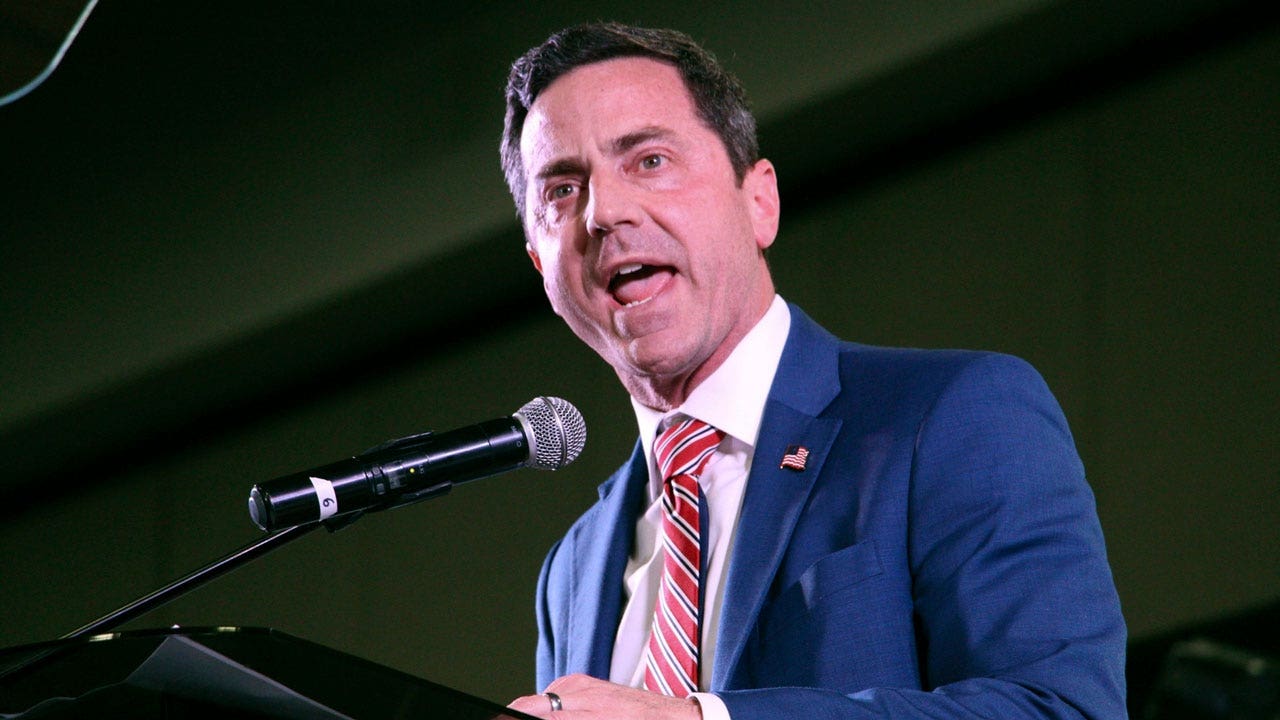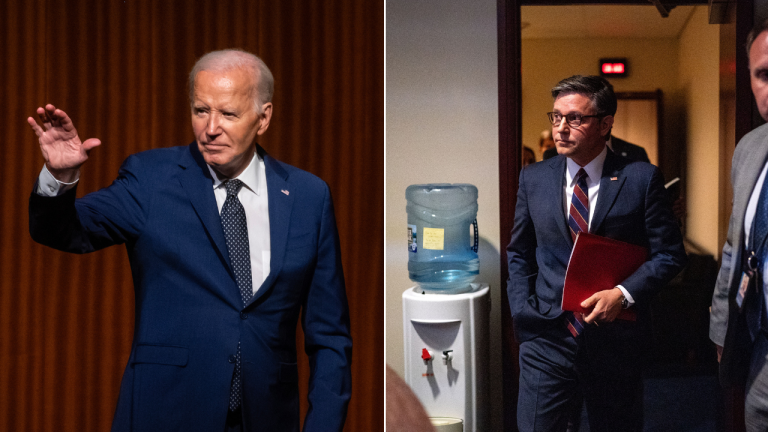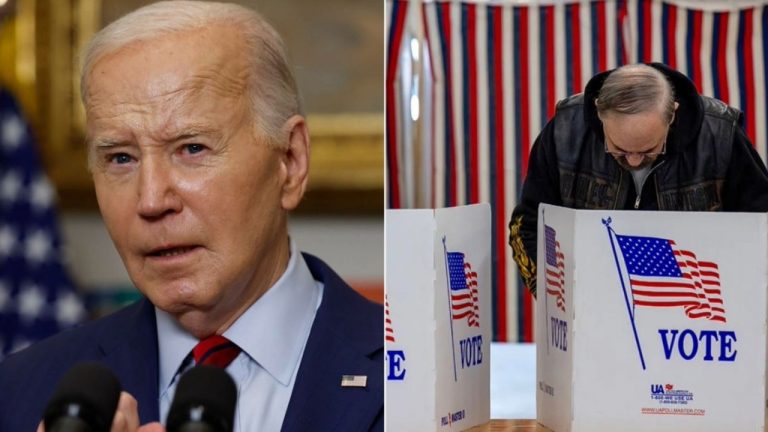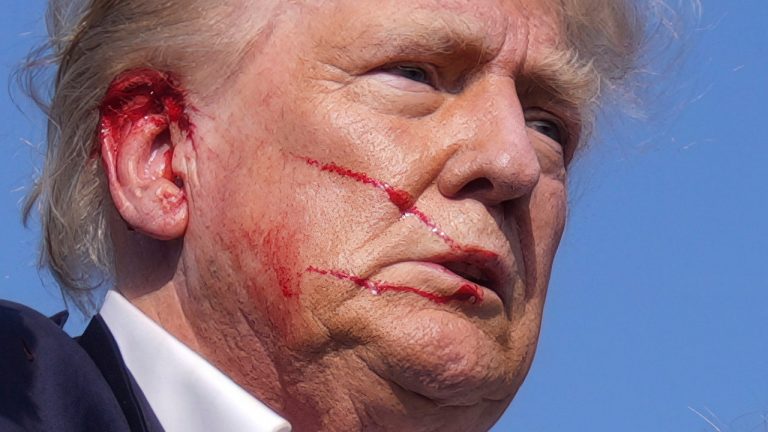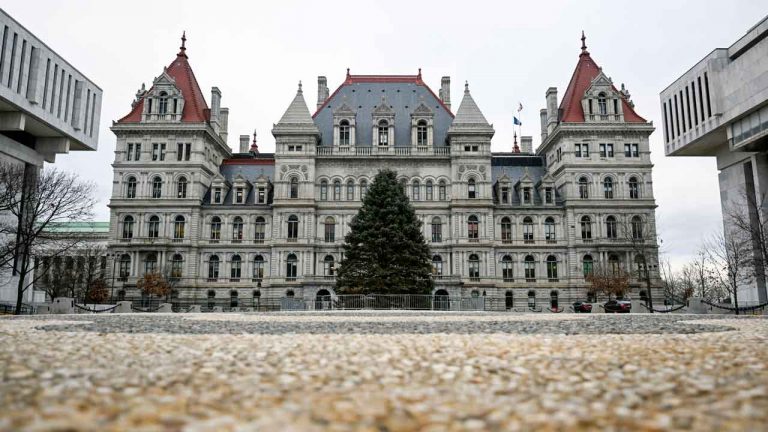Utah GOP picks Trump-backed candidate to replace Sen. Romney, but primary is next.
The Utah Republican Party has made a significant decision by selecting Trent Staggs as its nominee to replace Mitt Romney in the U.S. Senate. Staggs, the mayor of Riverton, received a crucial endorsement from former President Donald Trump, which helped him secure more than two-thirds of delegate votes at the convention. However, Staggs still faces tough competition in the form of U.S. Rep. John Curtis and former Utah House Speaker Brad Wilson in the upcoming GOP primary on June 25.
Despite historically carrying little weight with Utah voters, the Republican Party nominations have set the stage for a fierce battle ahead. Curtis, known for his moderate stance, and Wilson, a staunch Trump supporter, have already qualified for the primary through signature gathering. The showdown in the primary will determine who faces Democrat Caroline Gleich in the November general election.
Staggs, at 49 years old, has built a strong base of support by connecting personally with delegates and securing endorsements from Trump and his allies. Trump’s endorsement of Staggs as a “100% MAGA” candidate has positioned Staggs as a key player in the race.
Staggs’ alignment with Trump and his far-right agenda has garnered attention, but it remains to be seen whether this strategy will resonate with Utah voters, a state that has not fully embraced Trump’s style of politics. Despite the uncertainties, Staggs’ supporters remain optimistic about his prospects in the election.
The contest also features John Curtis, a candidate with broader appeal among primary voters, and Brad Wilson, who, despite lacking Trump’s endorsement, has positioned himself as a strong conservative fighter on Capitol Hill. With diverse candidates vying for the Senate seat, the race promises to be a closely fought one.
The Utah Republican Party Convention saw nearly 4,000 delegates overwhelmingly supporting convention-only candidates like Staggs and Phil Lyman, who secured the party’s gubernatorial nomination by eschewing signature gathering. The convention highlighted a divide between far-right Trump supporters and moderate Republicans, setting the stage for an intense battle in the primaries.
Incumbent Governor Spencer Cox, who has faced criticism for his initiatives to reduce political polarization, is expected to be a frontrunner in the primary against challenger Phil Lyman, known for his past involvement in organizing protests against federal decisions.
The upcoming primary will not only determine the Republican candidate for the U.S. Senate seat but also serve as a litmus test for Trump’s popularity in Utah. As the state’s political landscape undergoes a transformation post-Romney, the primary will be a crucial event to watch for political observers and voters alike.


